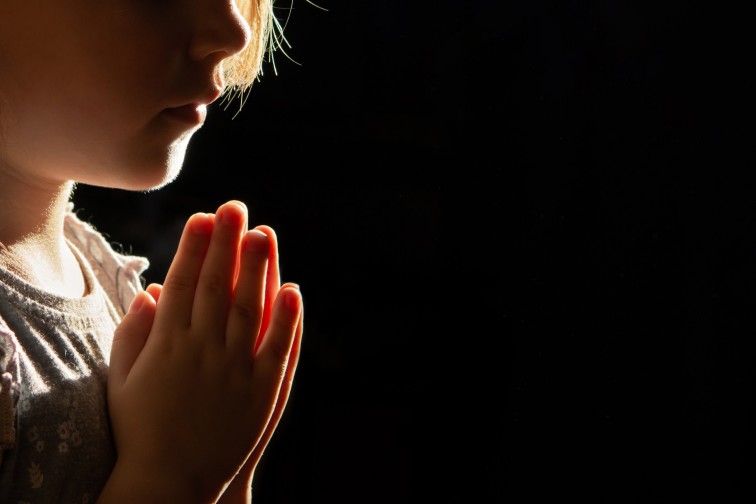“Darkness is cheap, and Scrooge liked it.” In the opening stave of Charles Dickens’ classic tale, A Christmas Carol, that line sets the scene, communicating Scrooge’s light-less surroundings and miserly priorities. However, by the end of the story, the cost of darkness is revealed to be unbearably steep, and in light of this, Ebenezer Scrooge resolves to turn over a new leaf, realizing at last that it is far better to give than to keep.
In Acts 20:35, Jesus is recorded as saying much the same thing: “It is more blessed to give than to receive.” While stories like A Christmas Carol may tug on our heartstrings and as believers, we ought to take Jesus’ words seriously, Christians still struggle with charity nearly two-hundred years after Dickens and two-thousand years after Jesus.
The rate of philanthropic giving by Christians may be greater than non-religious members of society, but it remains less than half of what it should be. If ten-percent is the bare minimum, Christians as a whole, are failing to cross that threshold: this is no small thing because our stinginess is a praxis which reveals what we believe about the trustworthiness of God and the nature of eternity.
After all, Matthew 6:26-34 makes clear that God knows what we need, and Psalm 84:11 promises that He withholds from us no good thing. Therefore, when God exhorts us to give and give generously, what He is asking us is “Do you trust Me?”
“Do you trust that I know what you need? Do you trust that I will withhold from you no good thing? Do you trust Me when I say it is more blessed to give than to receive? Or do you think you know more than I do about your financial security?”
We need to consider our answers to those questions carefully because in Luke 12, Jesus tells the parable of a man who stored up grain and said to himself, “You have plenty of grain laid up for many years. Take life easy; eat, drink and be merry.” For many, we would call that prudential saving. After all, we need to set enough aside if we want to have sufficient retirement funds.
However, God is crystal clear that in the end, we will be judged for what we have done and what we have failed to do. When He looked at the man who had shut all his resources away, God said, “You fool! This very night your life will be demanded from you.”
In A Christmas Carol, the Ghost of Christmas Past warns Scrooge: “No space of regret can make amends for one life’s opportunity misused.” And what are our finances if not an opportunity to spread the best possible news? Something we are commanded to do.
Indeed, most people give to charity because they think it’s a nice or socially conscious thing to do. But when Christians give to charity, we are meant to communicate Eternal Truths: This world is not our home. God is on the throne. It profits a man nothing to gain the world and lose his soul.
Two-thousand years ago, the greatest act of charity ever seen was realized when God took on flesh and became a human being: living, dying, and rising that we might be set free. Through Him, we can not only live in light of eternity, we can give in light of eternity too; because in the end, we know this world is one we are only passing through.
And so, as a new year dawns, we ought to remind ourselves that the Gospel is the greatest story ever told and resolve ourselves to giving that we might make it all the more known.
“The people that walked in darkness have seen a great light: they that dwelt in the land of the shadow of death, upon them hath the light shined.” Isaiah 9:2



